1. Tips for city living without a car
One of the nice things about living in the city is public transportation and proximity to services, which makes it possible to live without a car. Or at the very least, it can reduce the amount of driving you have to do.
When choosing a place to live, check the walking distances from buses or subway stops, and see that the routes serve your needs. If you are close to the right public transportation, it can make getting around often cheaper and quicker. Access to car share programs is also something to look into that can make a transition to a car free life a bit more painless.
2. Find green-lifestyle organizations in your area.
There are many organizations, groups and web resources that encourage and teach green living lifestyle habits like composting and gardening, greening our streets, promoting alternatives to pesticides etc.
Check local bulletin boards and community centres for groups in your area, and watch our events page for workshops on everything from rainwater harvesting and urban farming to installing renewable energy sources.
3. Eat local and get started in urban farming.
Buying from food co-ops and shopping at farmers' markets promotes local food production, tastes better, and is better for you. The agricultural industry is a huge consumer of fossil fuels, not just transportation but through pesticide use, fertilizers, planting and harvesting.
Planting your own garden is a great use of outdoor space and can noticeably supplement your summer food production. Even if the only space you have is a balcony or patio, if you have a bit of sun, you can grow a bit of food.
There are edibles that grow well in shaded areas, and investigate outdoor hydroponics to increase your yield. There is a small but growing movement towards urban agriculture, and replacing conventional landscaping and lawns with food production. And if you are a big egg eater, lobby for the return of egg laying hens in the city and build yourself a chicken tractor. You'll never mow again!
And if possible, reduce your meat consumption. There are a lot of variables, but it is generally estimated that it takes about 10 kilos of grain to produce 1 kilo of meat. Meat production is responsible for significant environmental issues from water and air pollution, climate change and deforestation.
In some parts of the U.S. irrigation has caused such a drop in water levels that some hydroelectric dams have ceased to be productive, increasing production of non-renewable power sources.
For the serious carnivores out there that can't bear the thought of a tofu burger, look into local organic farms. It's much healthier and tastes better than most of what you'll find at a grocery store. And if you buy in quantity and freeze it, the price can be competive.
4. Basic home upgrades for health and efficiency.
It isn’t necessary to embark on an expensive remodeling project, you can gradually and affordably reduce the energy needed to run your home. Improving the seal of windows and doors, replacing old inefficient doors and windows, install electronic thermostats and dimmer switches, install water-reducing and dual flush toilets (see our data sheet), choose ENERGY STAR certified appliances, these upgrades will offer a net savings by reducing your monthly bills.
Using low or zero VOC paints, solid wood cabinets, natural oils instead of varnish and avoiding chipboard cabinets will all serve to improve your air quality by eliminating the toxic fumes that are simply accepted in conventional building practices.
Having an energy efficient kitchen is not so complicated: put lids on pots, only boil as much water as you need, wait until the dishwasher is full to run it, don’t run hot water when cold will do. All of which, little by little, add up to a more ecologically responsible lifestyle, and more money in your pocket.
Now you know more about green living in the city. Find all you need to know about sustainable construction in the Ecohome Green Building Guide and these related pages :
Learn about the benefits of a free Ecohome Network Membership here! |
































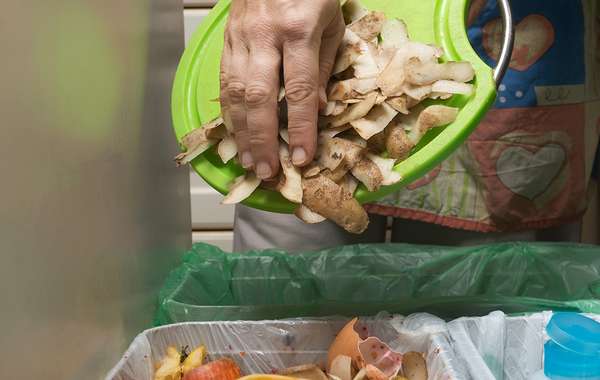
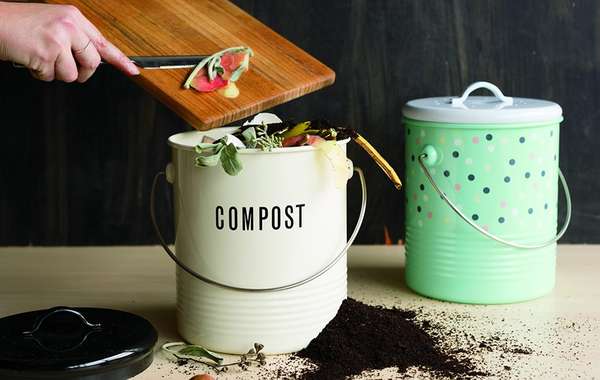

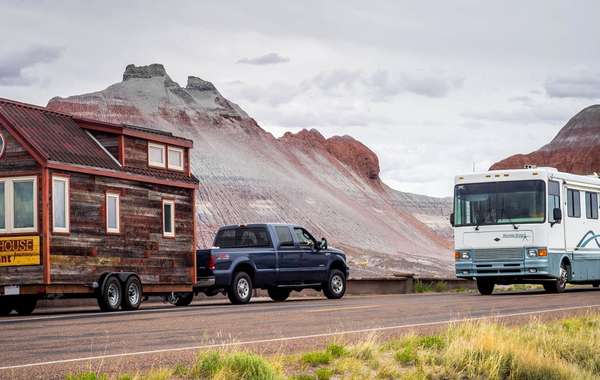
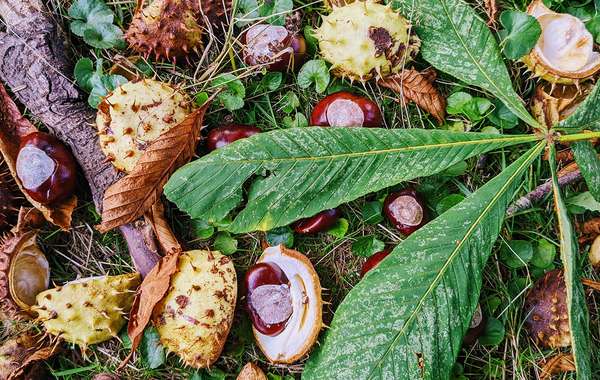
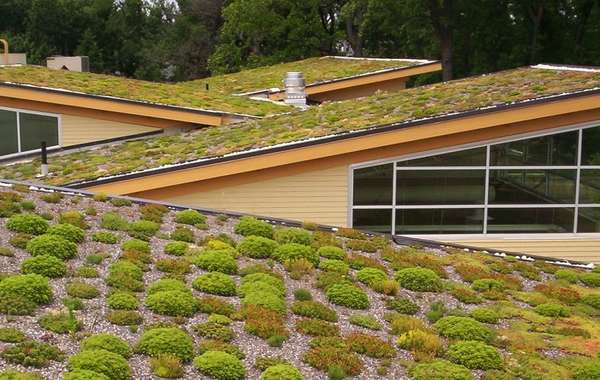
Comments (0)
Sign Up to Comment